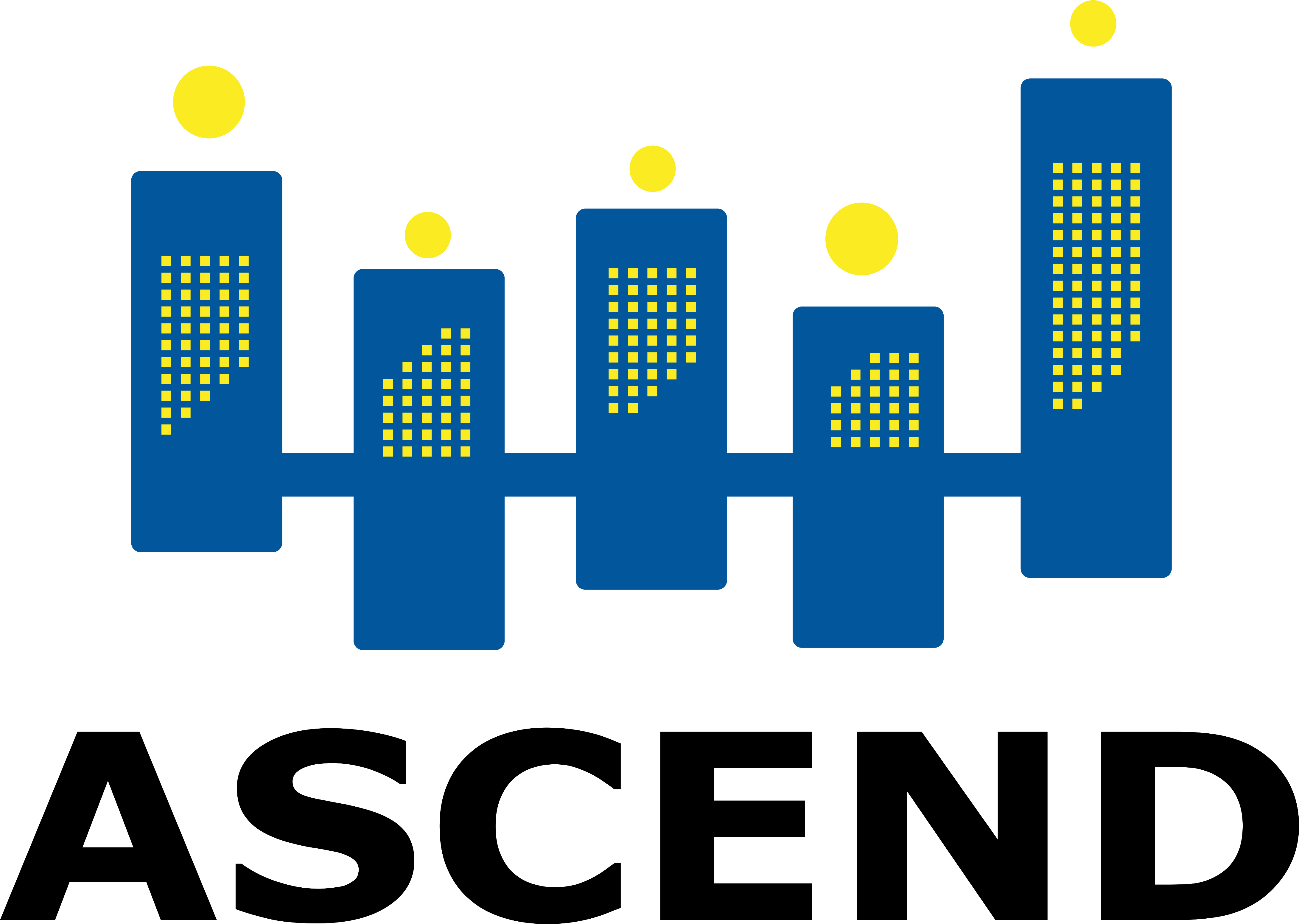Europe’s #1 destination for EU research collaboration and market opportunities
The 11th annual edition of Sustainable Places (SP2023) is a hybrid event, from 14th to 16th June 2023, with the in-person sessions hosted in Madrid, Spain.
Conference Scope
Sustainability targets and climate change objectives cannot be met without addressing buildings and the built environment at the building, district and urban scale to include our transport and energy infrastructures. Renowned for showcasing results coming out of the EU Horizon 2020 and EU Horizon Europe Framework Programme via the participation of cutting-edge research and innovation projects, the scope of Sustainable Places is captured directly in its name. It involves designing, building and retrofitting the places we live and work in a more sustainable way.
Conference Concept
Sustainable Places prides itself on being an ideal platform for the dissemination of research, the conduct of workshops, EU project clustering and networking between stakeholders of all types. SP2023 will be held over three days in a hybrid (digital + in-person) event format. Between opening and closing keynote sessions, parallel technical sessions and project-organized workshops will explore the various conference themes. Given world events we encouraged submissions on technology transfer, renewable energy implementations and energy security with the aim of facilitating actions that increase the rate of renovation and renewable energy implementations.
Conference Themes
Each year, Sustainable Places features topics that are shaping how we think about cities and the built environment. Across all editions, Sustainable Places is open to all topics related to building sustainability and most often reflect priorities described in the European Commission Societal Challenges and the United Nations Sustainable Development Goals.
This year we propose the following list of themes. These themes are non-exhaustive and proposals received on other topics related to sustainability will also be examined:
- Energy Communities, Smart Cities and Urban Transition
- Renewable Energy Technologies
- Sustainable Construction & Renovation
- Decarbonization & Circularity, Climate Change mitigation and adaptation.
- Facilitating the energy transition: Policy, Finance, Training
- Sustainable Urban Renewal & Cultural Transformation
- Digitalization, Smartness & Artificial Intelligence
- Resilience and Energy Security

